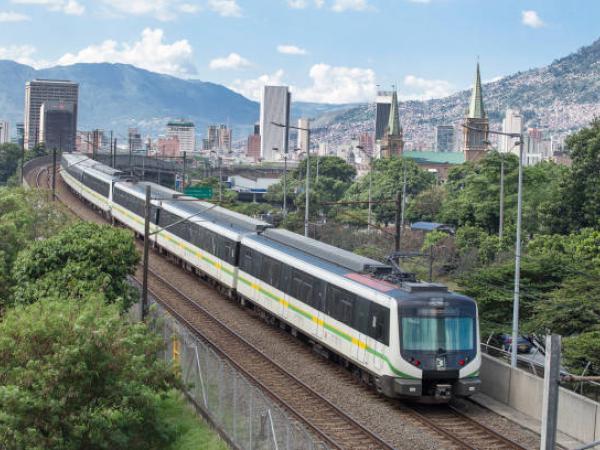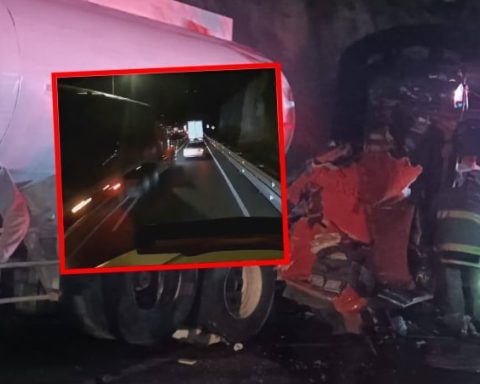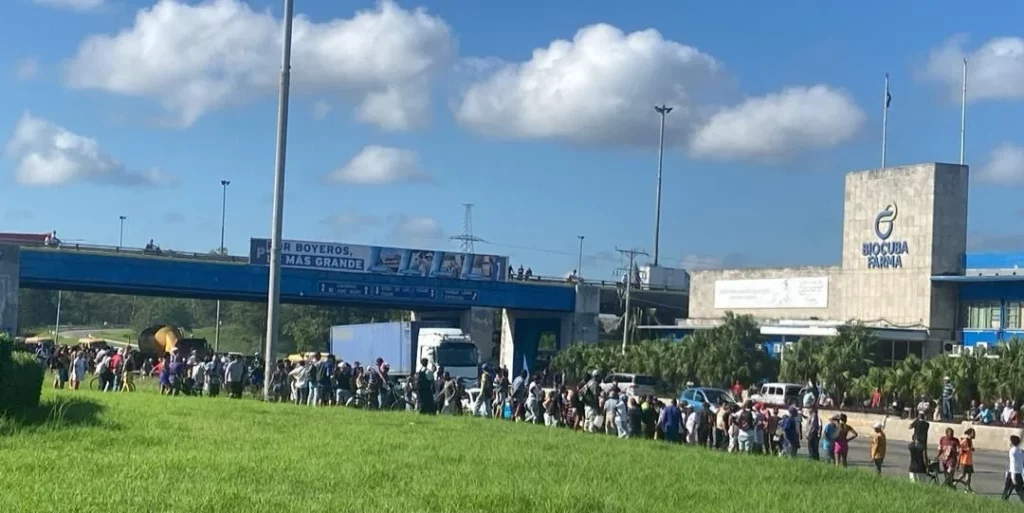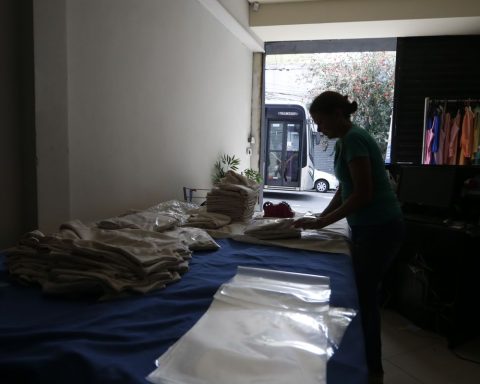The Spanish Construction and Railway Auxiliary (CAF) has been awarded two new contracts for the supply of metro units for Medellín (Colombia) and Santiago de Chile for an amount of more than 200 million euros.
You can read: They ask for a review of new rules for summonses to Uber-type transportation services
The Guipuzcoan company explained this Monday in a statement that These two agreements reinforce its presence in the Latin American market, where it develops different projects both for the supply and maintenance of railway units and under the rolling stock concession formula in countries such as Brazil, Mexico, Argentina, Venezuela and Ecuador.
The amount of the contract awarded in Colombia, The agreement contemplates the design and supply of 13 trains for the Medellín Metro and includes final assembly and testing at the suburban facilities. requirement included by the Colombian authorities in the tender specifications.
The new units will be similar to those previously delivered by CAF, they will be composed of three cars each and will have full interoperability with the current fleet in operation.
You may be interested in: ‘We must adapt to the policies that the State gives to carry out projects’: Conconcreto
Medellín Metro.
EL TIEMPO Archive
The relationship between CAF and Metro Medellín goes back a long time since the Guipuzcoan firm also supplied 38 units between 2009 and 2018. In addition, it has recently carried out the comprehensive rehabilitation of another 42 units of the MAN train fleet with which the network It began operating in the 90s.
On the other hand, the Passenger Transport Company Metro SA – Metro Santiago, a company owned by the State of Chile, has once again chosen CAF as the supplier and maintainer of its units, after successive previous orders in which the company has delivered nearly 80 units for the metro of the Chilean capital.
On this occasion, CAF will design, supply and maintain six new units of five cars each.
See also: Three injured and a road closed, the balance of the attack at the Pamplonita tollbooth

Metro.
Guillermo Ossa / EL TIEMPO
CAF has highlighted that the new trains will have the highest level of railway automation, without personnel on board, and will have all functions, including driving, opening and closing of doors, security and train operation, fully automated. and controlled from a control center.
EFE


















